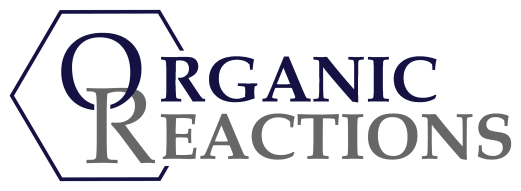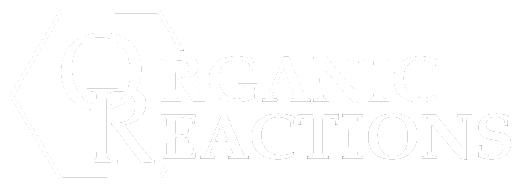Iridium-catalyzed, Enantioselective, Allylic Alkylations with Carbon Nucleophiles
Abstract
Iridium-catalyzed, enantioselective allylic alkylation is a powerful method for the construction of a stereogenic center adjacent to a vinyl group. The starting materials are readily available, generally either branched allylic alcohols or esters of linear allylic alcohols. The reaction is compatible with a wide variety of functional groups and generally proceeds with very high enantio- and site selectivity. Mechanistic aspects, as well as reaction methods, are presented in detail. The scope of the method is defined primarily by the nucleophilic component. Compounds that are CH-acidic, such as malonic acid derivatives, β-keto esters, iminoglycinates, azlactones, aliphatic nitro compounds, and sulfones are employed, often without stoichiometric amounts of base. Diastereomers are formed in the case of prochiral nucleophiles; the control of diastereoselectivity by dual catalysis, using both an iridium and an organocatalyst, is very efficient. Other nucleophilic components include silyl enol ethers, enamines, alkenes, and arenes, in particular, heterocycles. The application of the latter in cyclization reactions, such as polyene cyclizations and dearomatizations, furnishes highly complex structures with excellent stereocontrol. Finally, applications in natural product synthesis and medicinal chemistry are presented, as well as experimental procedures.

